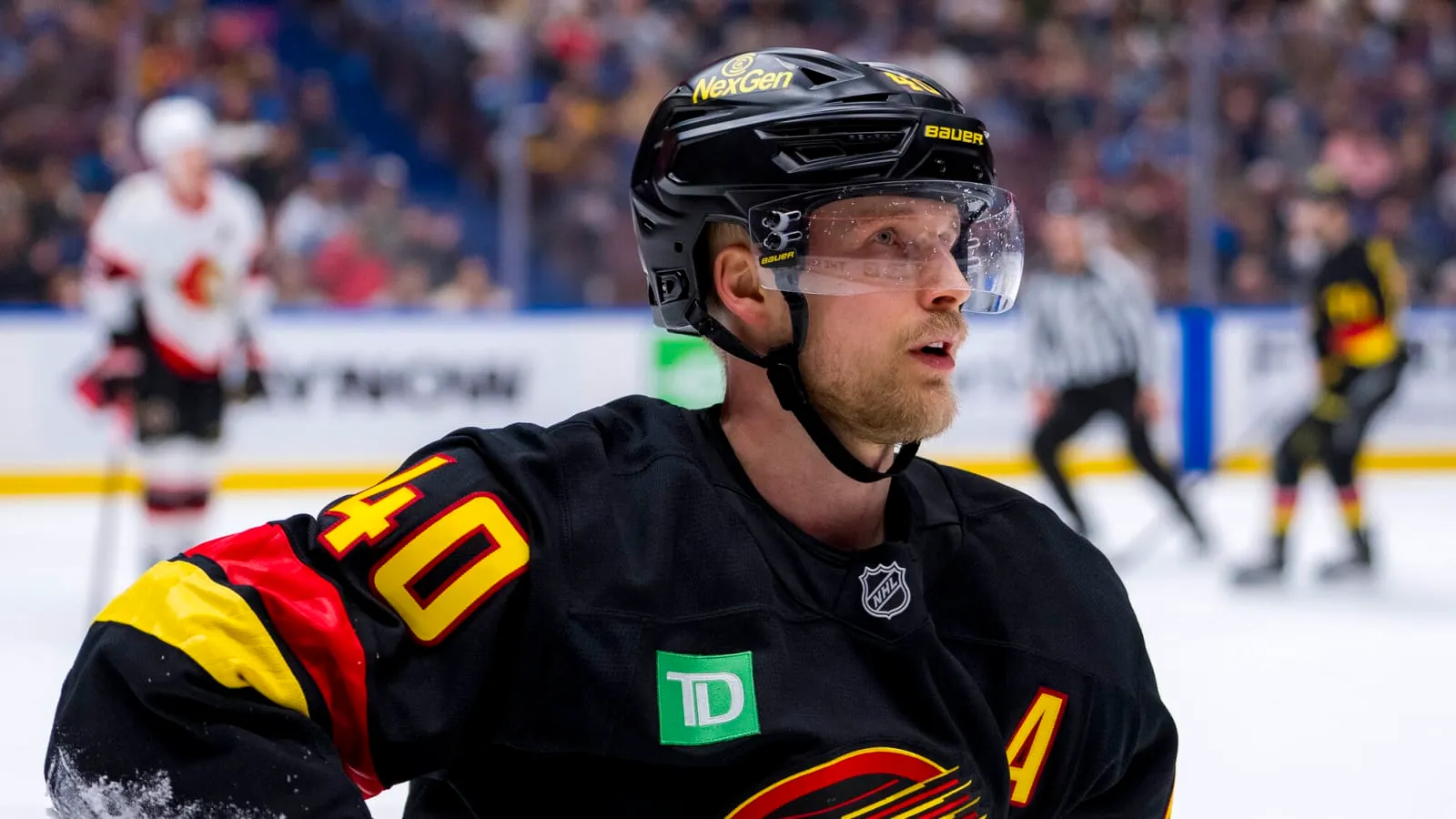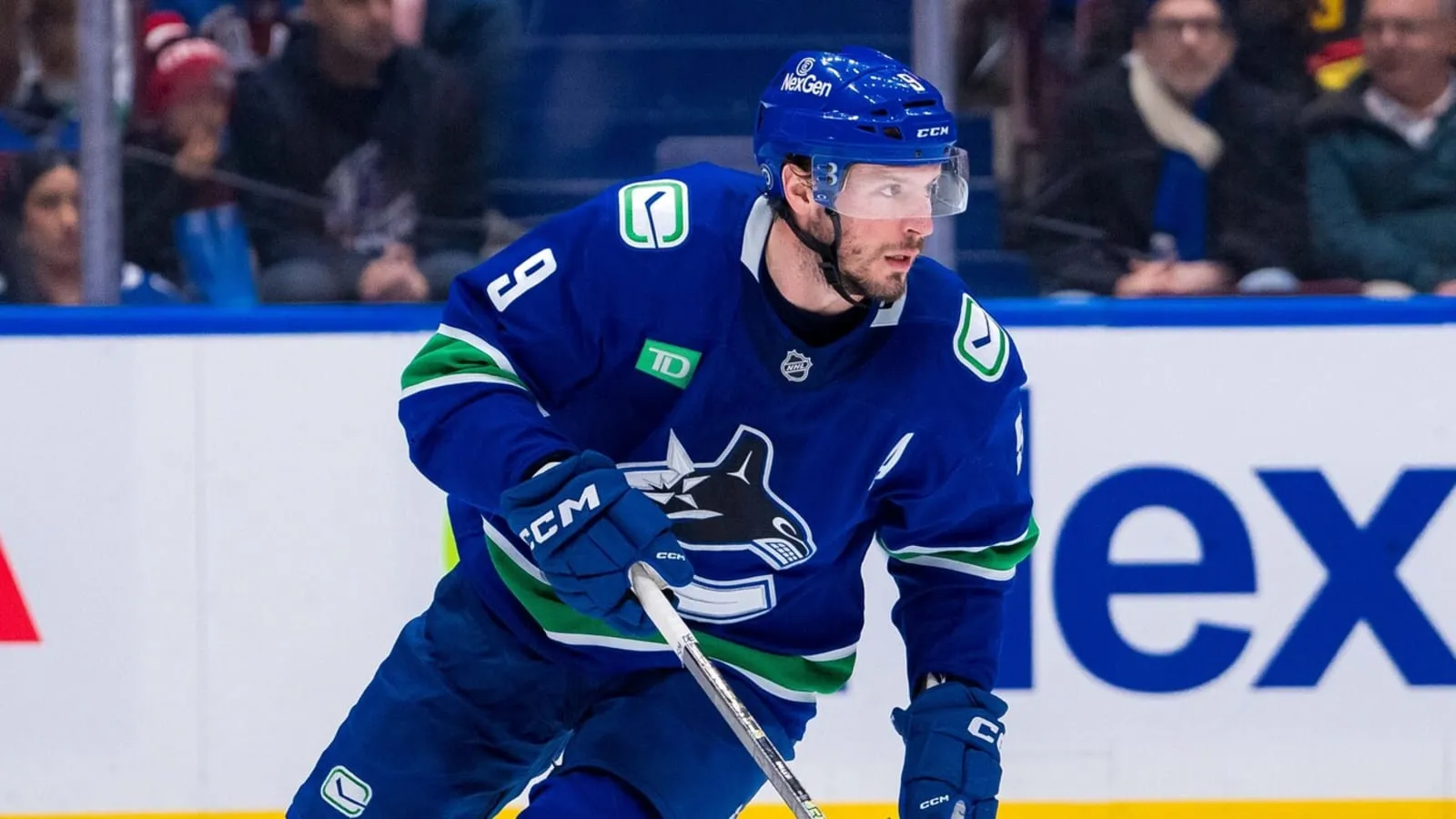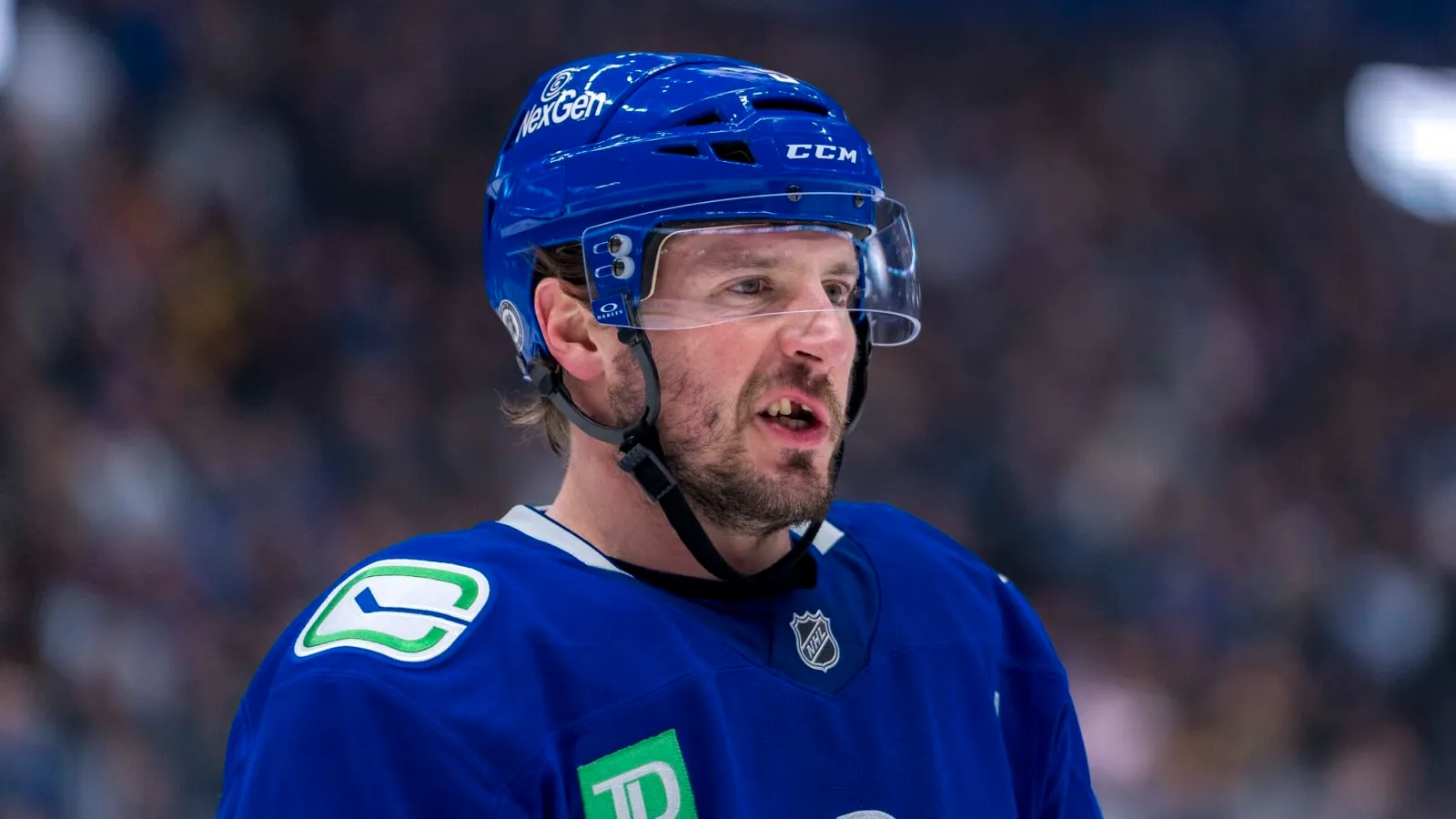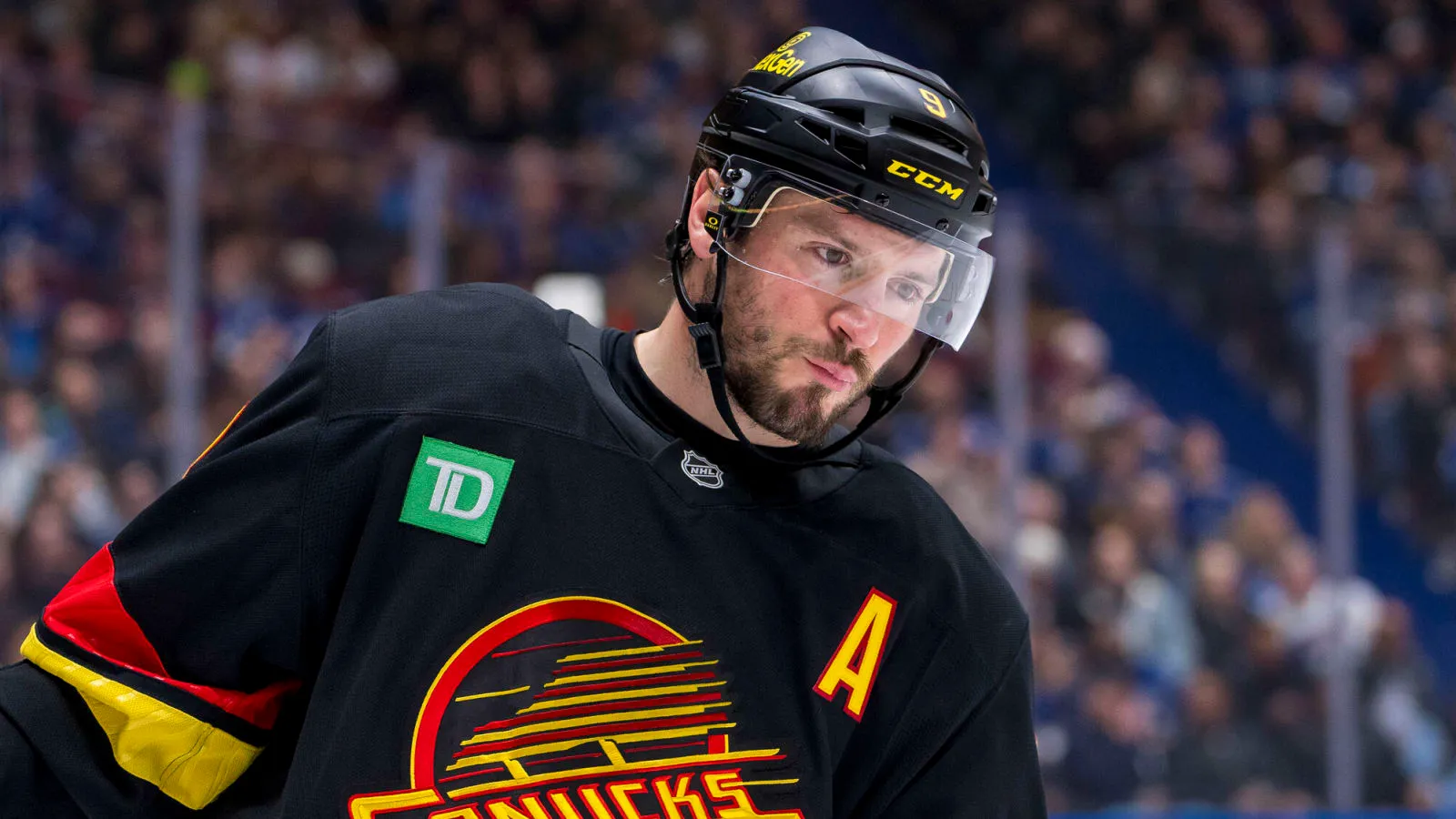In the heart of Vancouver, a drama unfolds that captures the essence of sports media’s fervor. The recent tensions between Vancouver Canucks stars Elias Pettersson and J.T. Miller have not only dominated headlines but have also sparked a debate on the role of media in athletes’ lives. Amidst this whirlwind, NHL Analyst Mark Spector has come forward with a pointed rebuttal to former NHL player Scottie Upshall’s critique of the local media’s involvement.

Upshall, through a post on X, chastised the Vancouver media for their excessive coverage of the discord, suggesting they were “bored” and in need of diversions like yoga. Contrary to Upshall’s minimization of the issue, Spector highlighted the gravity of the situation, emphasizing its potential impact on any team in any city, not just Vancouver.
“Has nothing to do with the market, Scottie. It would be a story in every city, and it’s a big one in Vancouver right now. It’s affecting team performance. Of course, media is digging into it,” Spector articulated, defending the media’s scrutiny as a reflection of the story’s significance to the team and its fans.
Coach’s Perspective: Normalizing Disagreement
Amid these heated exchanges, Canucks Coach Rick Tocchet offers a more tempered view, acknowledging that disagreements are part and parcel of any team dynamic. “You don’t have to play PlayStation together or go to dinner,” Tocchet noted, “But you’re working toward the same goal.” His comments suggest a professional approach to internal conflicts, focusing on unity and collective objectives rather than personal camaraderie.

This philosophy seems to resonate with the team’s leadership as well, with Captain Quinn Hughes expressing confidence in the team’s resilience. “I 100% believe it’s workable,” Hughes stated, underscoring a commitment to navigate through the tension.
Pettersson’s Stand: Confronting Rumors Head-On
Elias Pettersson himself took a firm stand against the swirling rumors following a narrow overtime defeat to the Ottawa Senators. Addressing the speculations directly, Pettersson asserted, “It’s good. I don’t know why people try and make sh*t up. Excuse my language, but that’s my response to it.” His frustration was palpable as he urged the media to move on, signaling fatigue with the recurring narrative.
Pettersson also reflected on the team’s performance, critiquing their execution, particularly on the power play. “Obviously good to battle back, but I think we shoot ourselves in the foot a little bit. I mean, power play, we can’t do what we did there, letting it go,” he explained, highlighting areas needing improvement.
What emerges from this saga is a multifaceted narrative involving player dynamics, media influence, and management strategies. While the media’s role is to scrutinize and report, the intensity of such coverage can sometimes amplify issues within a team. However, as Spector and Tocchet point out, addressing these challenges head-on, with a focus on team goals and professional conduct, is paramount.

As the Canucks navigate this challenging period, the resolution of Miller and Pettersson’s tensions will be crucial not only for their season’s prospects but also for demonstrating the resilience and unity of a team under scrutiny. The saga continues, and all eyes will be on how Vancouver handles the spotlight, turning media narratives into lessons of perseverance and teamwork.

I am a writer with a passion for technology and gaming. I write about a variety of subjects, including Esports, Games, Shows, and Sports. I create engaging and informative content for Hiptoro.

